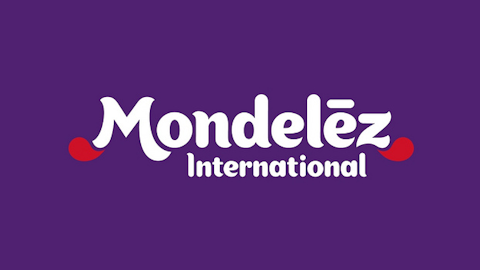Two weeks ago, I interviewed Whole Foods Market, Inc. (NASDAQ:WFM) co-founder and co-CEO John Mackey in front of a live studio audience at Motley Fool headquarters. Mackey just published Conscious Capitalism: Liberating the Heroic Spirit of Business with co-author Raj Sisodia, and stopped by our Alexandria, Va., offices on his book tour.

In the following clip, I ask Mackey about a quote from the book in which he refers to Wall Street values as a “type of cancer.” See what he means (run time: 3:54; there’s also a lightly edited transcript below):
Brian Richards: You mention capitalism having a branding problem. In your book, you make the case that entrepreneurs are real heroes — and that is a narrative not publicized enough. The narrative that is publicized is what is happening on Wall Street and in the financial system.
You have a quote in your book, a pretty compelling quote: “It sometimes seems that the values and philosophy of Wall Street has become a type of cancer that is corrupting the healthier parts of the larger business system.”
Michael Lewis wrote Liar’s Poker, which he thought just excoriated what he lived through, and was depressed when he later realized that young traders were picking up the book as if it were a playbook on how to do things. How can that change when it seems the culture is so rotten?
John Mackey: Well, we’re counting on Motley Fool to change the consciousness of Wall Street. I’m going to work on Main Street; I expect you guys to change the consciousness of Wall Street.
In a sense Wall Street’s the — I always say it’ll be the last domino to fall, because it’s the one that deals with money on the most abstract basis. It doesn’t necessarily have to deal with stakeholders in the same way that more traditional businesses do. But I do think it’s essential that the financial sector rediscover its higher purpose, because the financial sector does provide great value in the world — they help finance the enterprises that have changed America and are continuing to change it.
On this book tour, when I was in L.A. I got to meet Mike Milken, the junk bond king. I’d never met him before and actually he and I really hit it off, we actually held court at this party we were at, we did it for about an hour or so and it was a very special evening.
I asked him, I said Mike, how come, how come they went after you? Why…because you know, they did go after him. And he said you know John — he’s been banned, he can’t trade junk bonds or he can’t be in the financial sector, he’s banned for life — and he said well, you know, we were stirring up all kinds of trouble, it was threatening well-established players, including lots of senators and congressmen who had vested interest in the game. They financed the cable industry, the cellular industry, the PCs that got started, they were the major financiers, I mean before that, it was very difficult for these growing young businesses to get the financing they needed in order to grow you had to be in investment grade, and that was only a few companies that qualify as investment grade, to be able to get financing.
So he created this revolution that upset the status quo so much — the biotech industry for example was making inroads, the pharmaceutical industry, was so threatening to the status quo that they just really wanted to get that guy, they wanted to get him in jail and shut him up and whatnot.
Wall Street serves its useful purpose of financing the revolutionary companies that are going to change the world, and as well as most other businesses, but they’ve just forgotten that because it’s become, because of the Friedman doctrine it’s just all about making money and that’s all that really matters. And if you think like that, then you’ve begun to drift away from the deeper meaning of what you’re doing and in a sense I just think you’ve gone astray and I say it’s a cancer infecting the rest of business because so many business people have come to think that that’s how they’re supposed to act, too. We cannot create a good society if everybody is strictly based on their own short term self-interest.
It’s sobering to realize that almost every institution in America with no exceptions — in fact I challenge you to think of one that still has a high degree of trust. Is there, are there any? We don’t trust business; it has a 19% approval rating. We don’t trust Congress; it has a 17% approval rating. We don’t trust the educational system. We don’t trust the health-care system. We don’t trust, uh, the judicial system. I mean, trust is at an all-time low in the history of America. I would argue that almost every — we don’t trust journalists — so it’s almost like, some of these people think, really think, say well, we still trust the military, but even the military trust rating is plummeting now because we’ve been in Afghanistan now for over a decade and the Iraq war, still got problems there, so even the trust of the military’s declined. Every part of the system has got to rediscover its higher purpose, and our book’s mostly dedicated to business doing that but it doesn’t stop there.
The article How Wall Street Is Like a “Cancer” originally appeared on Fool.com and is written by Brian Richards.
Fool.com managing editor Brian Richards owns shares of Whole Foods Market, as does The Motley Fool. The Fool also recommends Whole Foods Market. The Motley Fool has a disclosure policy.
Copyright © 1995 – 2013 The Motley Fool, LLC. All rights reserved. The Motley Fool has a disclosure policy.

